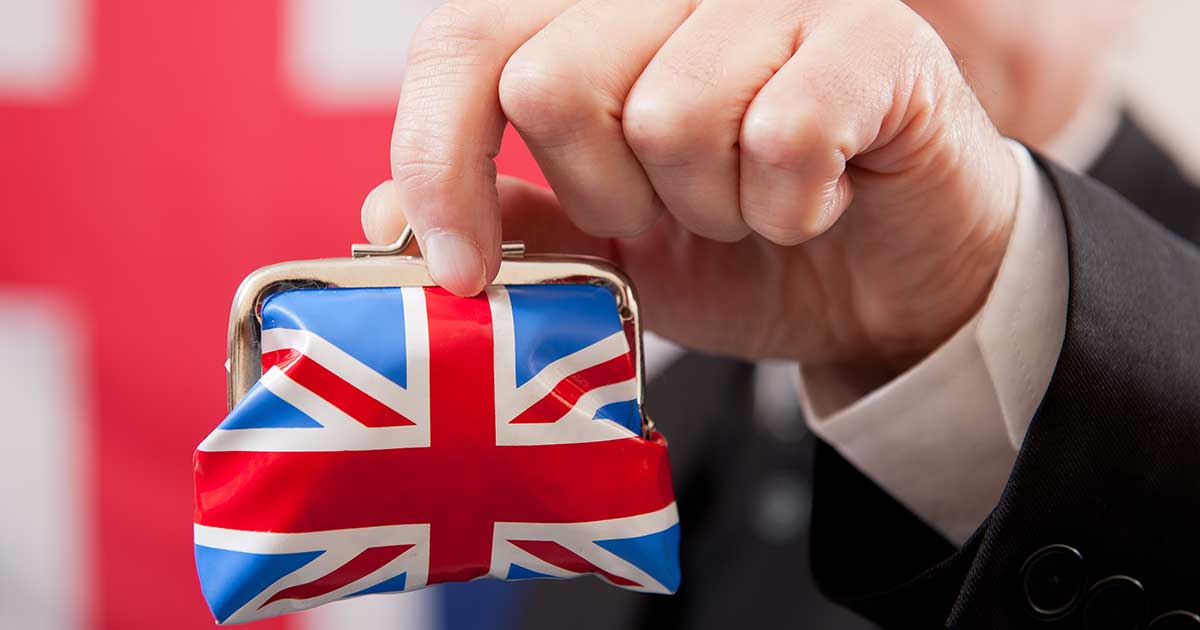According to financial specialists and advisors, the U.K. government’s last budget proposal gave little optimism for young people struggling to deal with rising living costs.
The United Kingdom’s Finance Minister, Rishi Sunak, admitted in his Spring Statement that the Russia-Ukraine conflict was putting tremendous pressure on the expense of living in the United Kingdom, with prices already on the rise due to supply chain concerns following the Covid-19 pandemic.
According to data released earlier Wednesday, inflation in the United Kingdom rose 6.2% in February, and prices are anticipated to increase even more. According to Sunak, the Office for Budget Responsibility predicts inflation will average 7.4% this year.
Sunak announced a 5 penny (6 cents) reduction in fuel taxes to combat rising prices.
According to Myron Jobson, a senior personal finance analyst at Interactive Investor in the United Kingdom, the drop in gasoline duty will save the average family car £2.75 every fill-up.
He described it as “little adjustment” compared to recent gasoline price increases and that it would barely cover the price of coffee.
Sunak’s announcement of a 5% VAT (sales tax) decrease on the cost of energy-efficient equipment for families, according to Jobson, did nothing to alleviate the “crushing” cost of living constraints on the U.K.’s most vulnerable citizens.
“The strategy entirely ignores the suffering of the nearly 40% of U.K. households who live in leased housing and are bearing the brunt of energy price increases,” he said.
Energy bills are expected to skyrocket in the United Kingdom, with its energy regulator raising its price cap by more than 50% in April.
Before Wednesday’s announcement, had already disclosed specific initiatives to aid growing living costs.
Specific households will receive a £150 rebate on their local authority tax payment starting in April. From October, qualified homes in the United Kingdom would receive a £200 energy bill cut, with the government recouping the money in £40 instalments over five years, beginning in 2023.
The national insurance (a U.K. cost on income that goes toward government infrastructure improvement) has been increased by Sunak, revealed in his Wednesday statement, from €3000 to €12,570 per year. He has hiked national insurance contributions by 1.25% from April 2022 itself.
He said further that by 2024, basic income tax would be cut by 1 penny for every pound.













